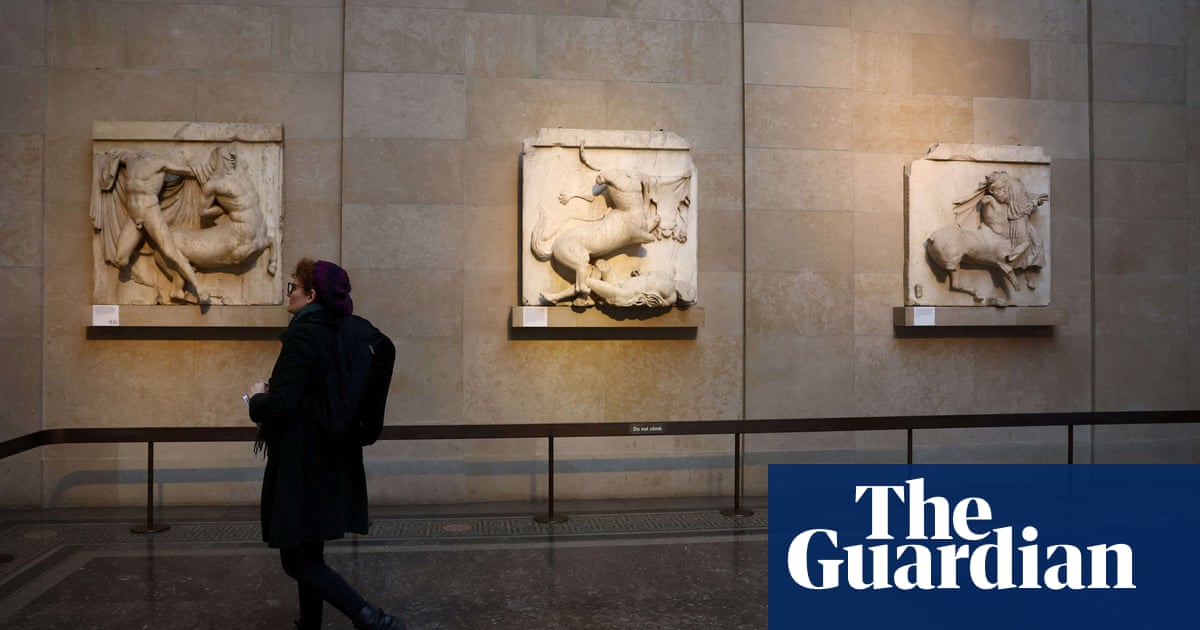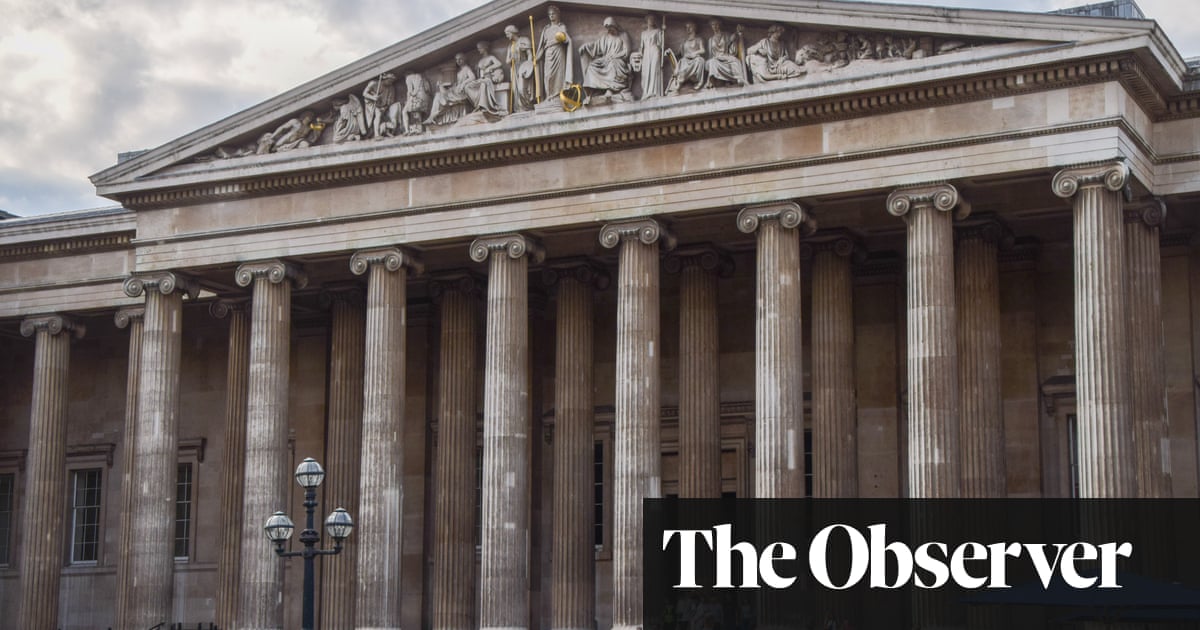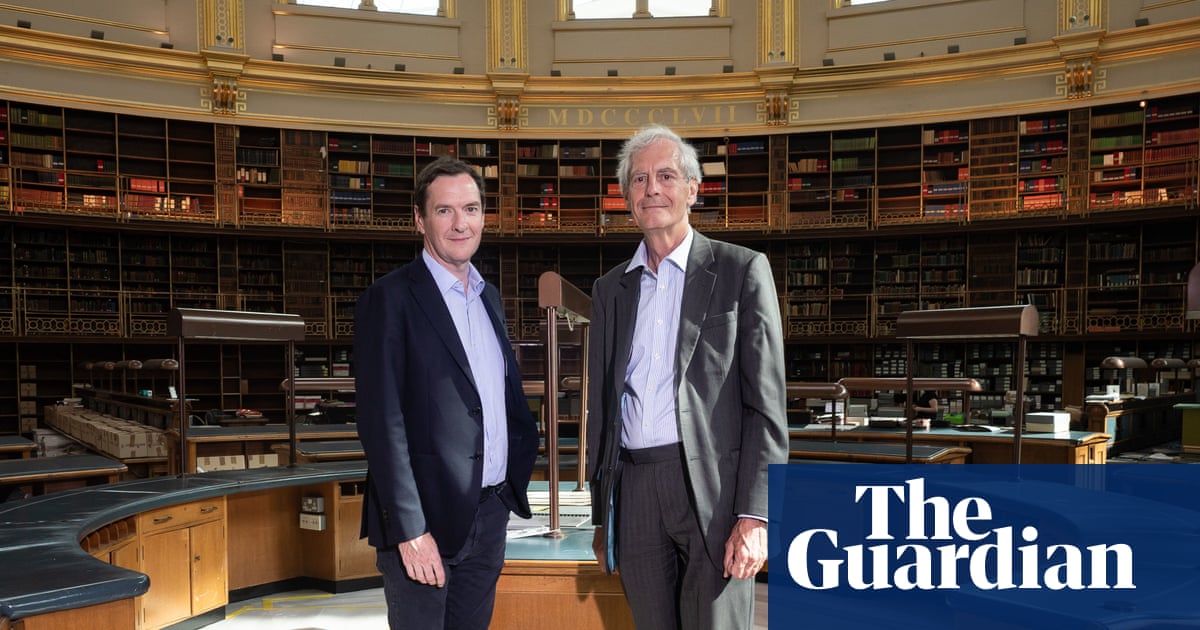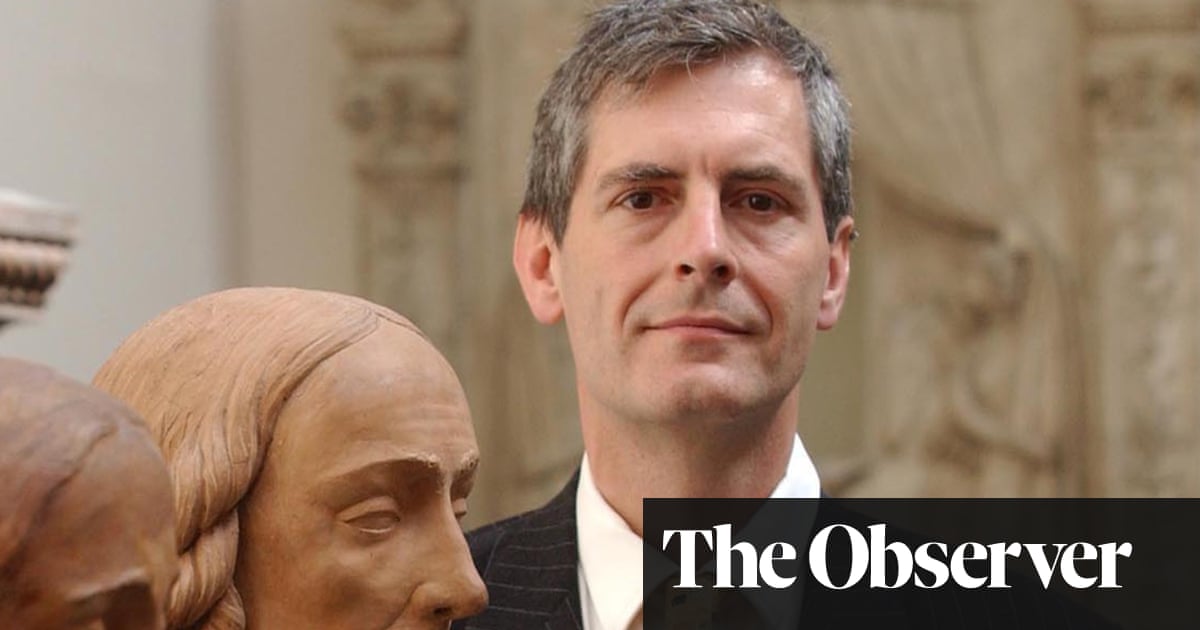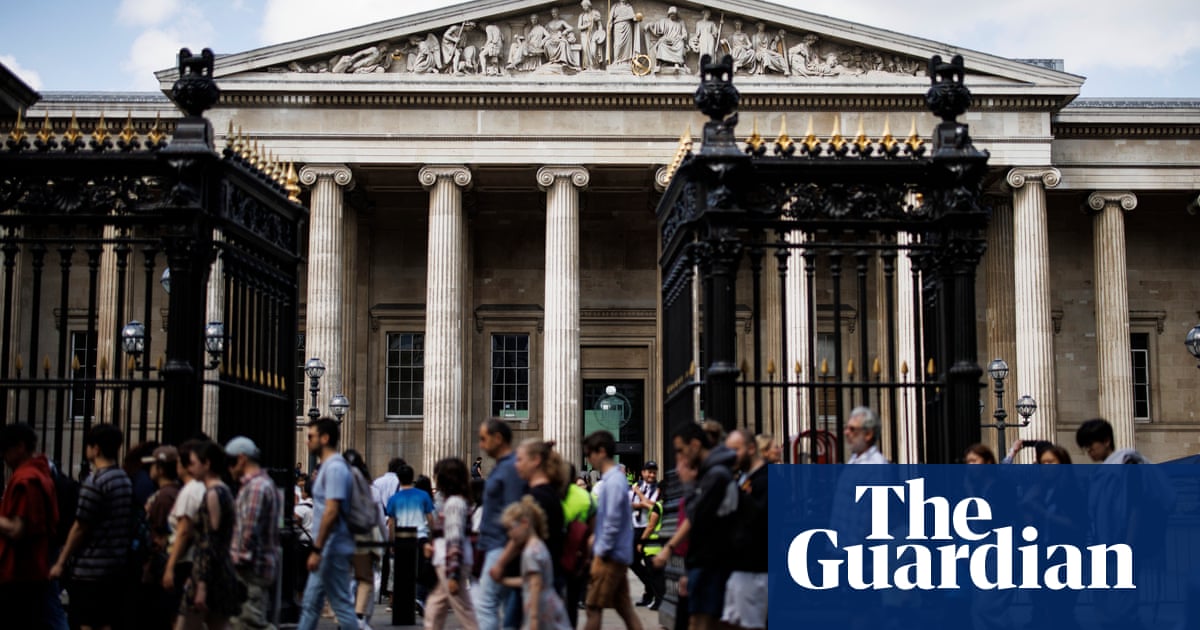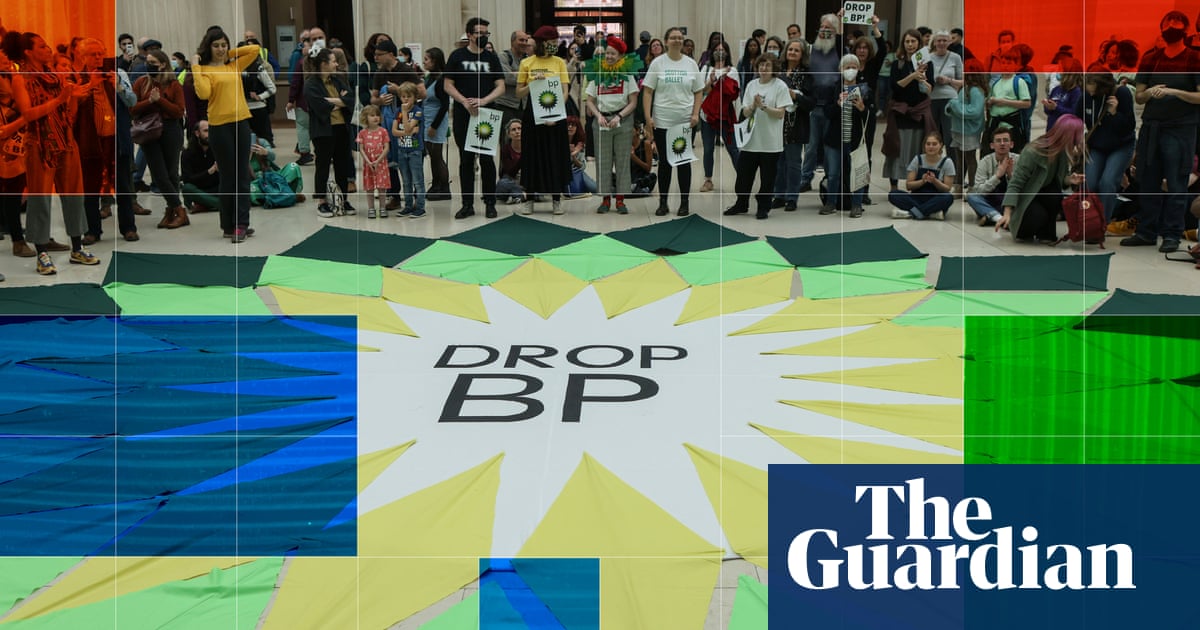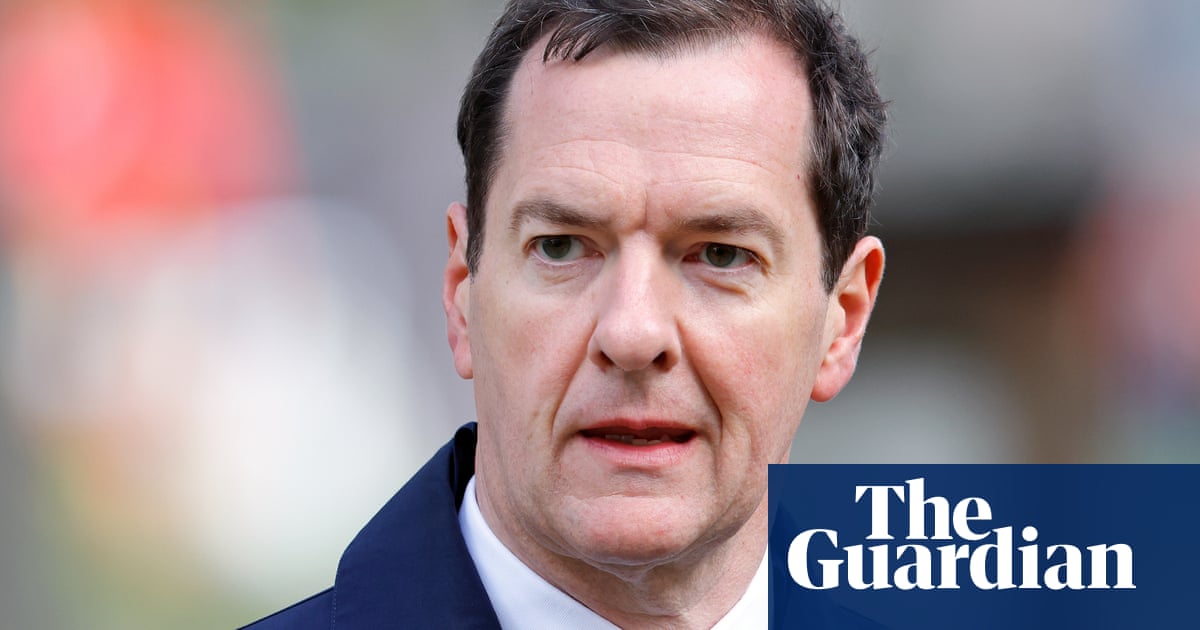
Rishi Sunak’s government has clashed with George Osborne over an attempt to interfere in the appointment of a new director of the British Museum, of which the former chancellor is chair.
The museum, which has been beset by a scandal about the suspected theft of 1,800 artefacts from its collection, appointed the National Portrait Gallery head, Nicholas Cullinan, as its new director in late March.
According to sources close to the process, the trustees on the selection panel had been instructed by No 10 to supply Sunak with two names, from which he, or his representative, would choose the new director.
Osborne reportedly rejected Downing Street’s demand, which contravened customary practice. The trustees usually inform the prime minister of their decision about the new director in order for it to be formally ratified.
No 10’s demand was the latest in a long line of attempted interference in the independence of public institutions. In 2020, the government vetoed the classicist Mary Beard as a trustee of the British Museum when her name was put to the Department for Digital, Culture, Media and Sport (now the Department for Culture, Media and Sport) for signoff in 2020.
Beard had been through an appointments process but was rejected by Downing Street because of her pro-European views, which she has frequently expressed via social media. However, because five of the 25 seats on the museum’s board may be appointed without any reference to the government, the trustees went ahead and appointed her themselves.
“There’s been an increasing politicisation of the nominations to the boards of museums and galleries,” said Mark Jones, the museum’s interim director, clarifying that this was his personal opinion, not the view of the institution.
He added: “That seems to me to be a shame because I think the criteria for selection should be their suitability for being on the board and the contribution they can make to the museum or gallery.”
Other museums have faced similar interference, prompting concerns of a concerted campaign by ministers to purge dissenting voices from positions in Britain’s leading museums, galleries and cultural bodies.
In May 2021, Charles Dunstone, a co-founder of Carphone Warehouse, resigned as chair of the National Maritime Museum after an academic whose work calls for decolonising the education curriculum was dropped from the board.
The then culture secretary, Oliver Dowden, refused to reappoint Dr Aminul Hoque, of Goldsmiths, University of London, as a trustee in a move seen as an attempt to assert authority over appointments to media and cultural institutions.
A month earlier, the government refused to reappoint two women to Channel 4’s board of directors, including one of only two women of colour.
The British Museum and No 10 have been approached for comment.




